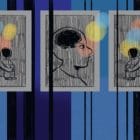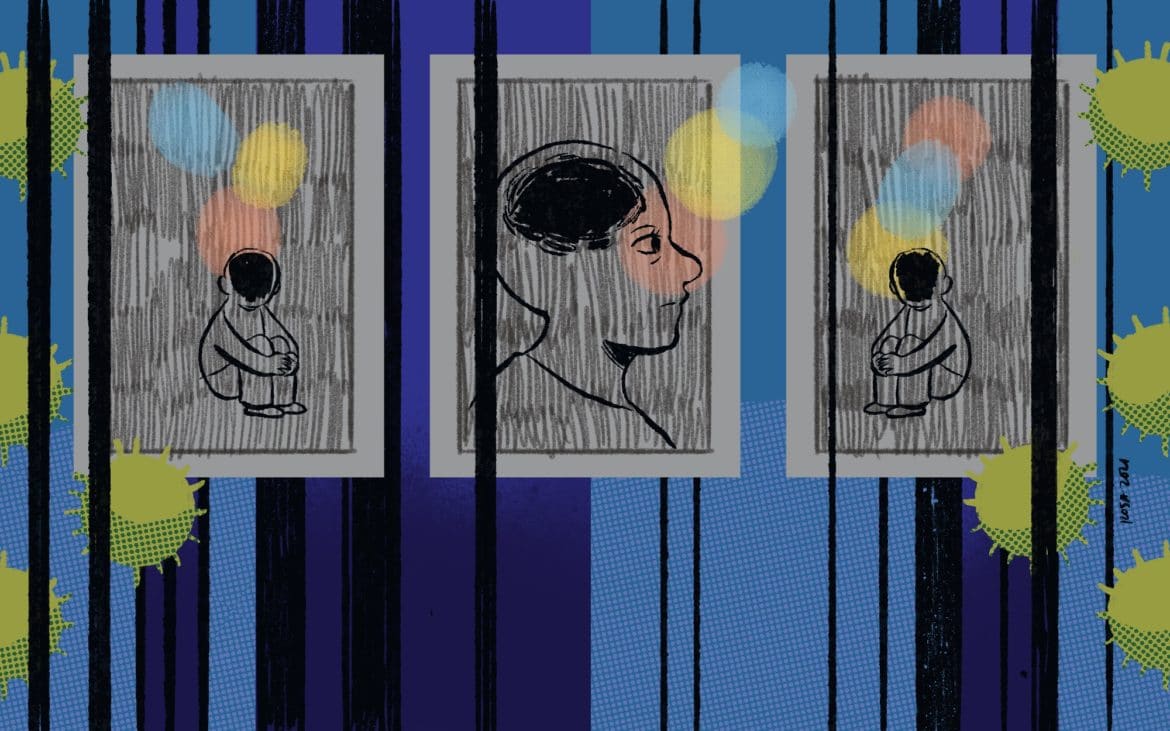English
Puerto Rico’s Juvenile Prisons Model is ‘Unsustainable’
|
A mental health crisis in these juvenile institutions, which increased events of suicidal thoughts, signs or attempts, or acts of self-mutilation by 119% in 2020, revealed the multiple irregularities and the underlying problems of this model for minors.






